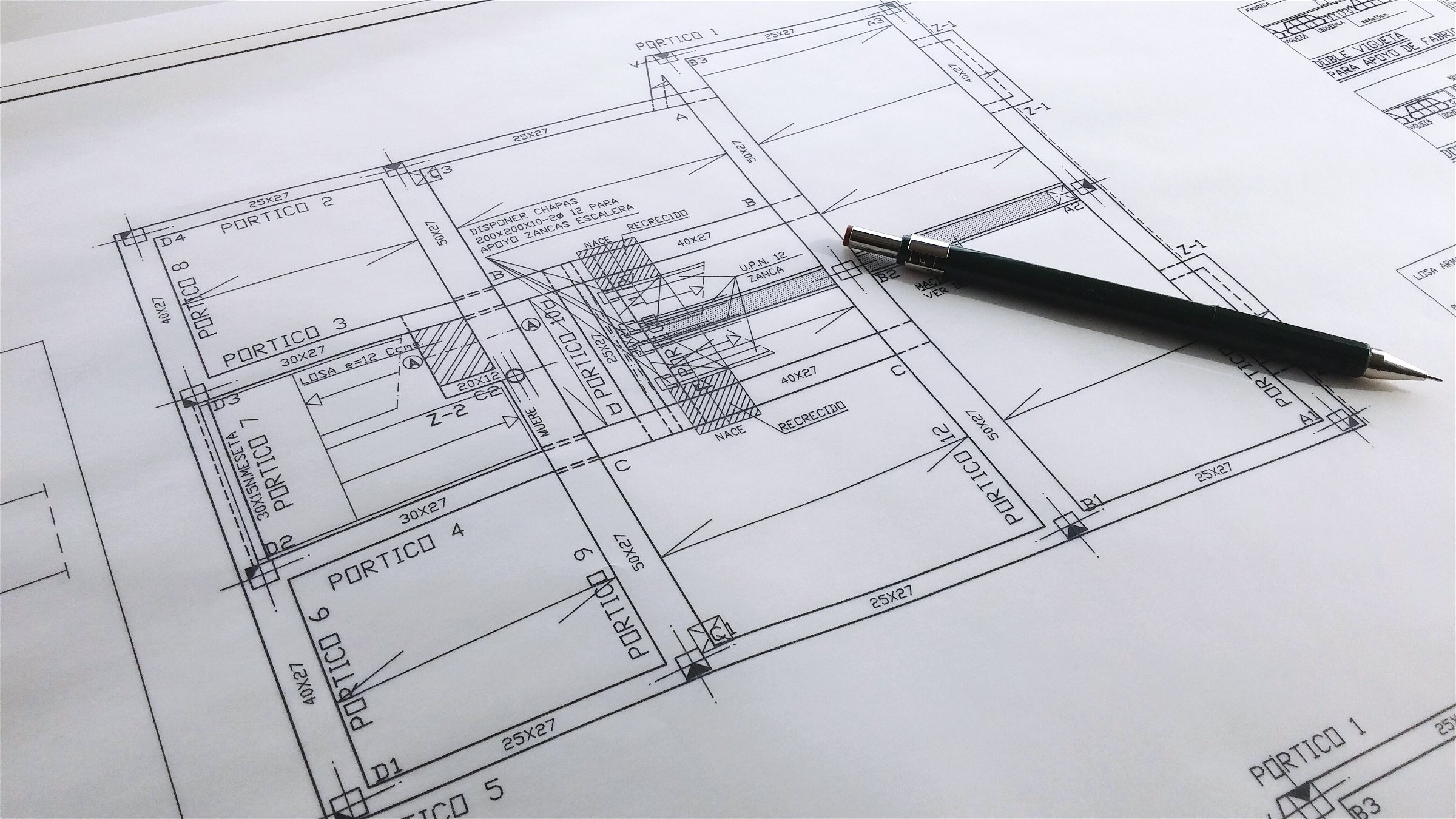Autodesk Targets Architects In Software Audits

Autodesk routinely conducts software audits to determine whether businesses have unlicensed copies of its software installed on their computers. Architecture firms typically represent a significant portion of the targets of such audits – many such firms are heavily reliant on Autodesk software due to Autodesk’s dominance in the market for computer-aided design software and due to file-format compatibility requirements for architecture bids and client projects.
It is customary for Autodesk (or a software-industry representative, such as the Business Software Alliance (BSA) or the Software & Information Industry Association (SIIA)) to send a letter requesting that the targeted firm conduct an audit of the Autodesk software installed on its network and that the firm then report the results of the audit, including the software installed, the serial numbers for the products, the nature of the use of the products, and the number of personnel using the products.
Many firms encounter problems when they discover that an employee has installed several copies of Autodesk software on multiple computers, in excess of the license-rights previously purchased. The Autodesk license agreement sometimes allows for Autodesk software to be installed both on a workstation computer and on a second computer (typically a laptop) for use away from the principal work location, but these computers must not be used concurrently. Multiple, concurrent-use installations often constitute breaches of the license agreement, which, in turn, may constitute copyright infringement. Firms may face additional exposure if their employees use license-key generators or other software or hardware to circumvent the licensing controls in Autodesk software. The Digital Millennium Copyright Act (DMCA) includes significant penalties that a court may impose if a business is found to have employed any such techniques in order to install and use a software product.
It is important for architecture firms – and any other businesses using Autodesk software – to review and understand applicable license agreements in order to mitigate exposure arising from potential copyright-infringement claims. Appropriate software use policies and routine, in-house audits often represent the best preventative measures that businesses may take to accomplish those ends. It also often is helpful for firms to seek legal counsel in the event of an audit or when confronting more complicated software-licensing issues.




